Critically Thinking about our Culture
The scientific method is a system of analysis. We use it to discover the most likely truth. It is not an absolute. Though the outcome may be the most probably answer it may be wrong. Our society has fallen in love with the fictional reinterpretation of science. In the eyes of many a scientist’s opinion is tantamount to the word of God. “We should follow the science!” The members of the media and politicians say. What do they mean when we are told this? Are they suggesting we participate in the intellectual and practical process of systematically studying phenomena through observation and research? I don’t think they are. If they were, we would be provided with a comprehensive presentation of facts and encouraged to make our own assessment of the situation. Instead we are given the data that only supports their conclusion.
The faux science movement of the modern era is the enemy of critical thought. It tells us to stop thinking for ourselves, to accept their words as truth, and to refrain from asking questions or presenting conflicting evidence. If you question their science you will be ridiculed, silenced, and many will attempt to cancel your existence. Faux science has become a religion, it has a god, clergy, and worshipers. It is an atheistic nonsecular organization that embraces fear and mediocrity, and it celebrates ignorance and silence. “We need to make sacrifices to save lives!” They preach to the public and in response we cower in our homes waiting for the experts to tell us when it is OK to go out and play.
Our society has become so self-obsessed they are terrified of the prospect of pain, death, and discomfort. When their cozy, comfortable safe spaces are challenged they demand us to change for their perception of safety. We must make the sacrifice even it means the loss of our liberties, comfort, and personal safety.
Life is not meant to be smiles and candy sprinkles. We are supposed to feel pain, experience fear, and one day die. These are unavoidable inevitabilities, and they encourage us to make the most of our moments, to live with hope, and take the time to empathize with others.
An Iron Will leads to a Rusted Mind
Those who rigidly adhere to their realities are often the most valuable targets for cult leaders and con men. This is because once someone believes an idea to be unfalteringly true they cement their feet in the sand. They are difficult to crack, but once they are they will never stop believing the con.
It is easier to fall for an idea than it is to admit we were wrong. Ego plays a considerable role, but the social ramifications of turning against a way of thinking can also have a negative impact on our life. When we turn against the collective, they typically turn on us.
Those who suffer with an iron-will are the most difficult to convince, but the easiest for a con man to keep. They love people with this trait because once their mark believes their con, it becomes their victim’s truth, and no one will convince them otherwise. It takes a catastrophic event to shatter their view on reality, and even then it may have no effect. I use the term suffering because an iron-will is more of a flaw than a benefit when it comes to critical thinking. The more determined we are to hold onto our perception of reality the less we are open to outside ideas. It wraps our eyes in a dark veil that conceals our bias and prevents us from making sound judgments.
Our will needs to move like water. It must have the freedom to bend around the curves of life. We must possess the ability to adapt to new information and consider alternative ideas.
There is a place for debate
The thick brush strokes of massage often fall prey to extreme ideas. This may be found in the extreme on both poles. The science-based/evidence-informed communities often embrace faux sciences, while the mystics cling to pseudo-science. When we embrace an extreme belief in something and cling to ideas like they are stone we lose sight of the spirit of massage and our ability to critically think. Both extremes are equally unhealthy, and they drive a wedge throughout our industry.
Not everyone in the science-based/evidence-informed communities embrace the disease of faux science. Others within this thick brush stroke overindulge the value of research and scientific articles. They believe that if a research paper doesn’t exist that validates the benefit of a technique or modality it lacks efficacy.
I believe the benefits of our techniques and modalities should be questioned. We should question every idea that is put on our plate. As a professional we need to be open to new ideas, invite debate and accept criticism. When we do it allows us to determine the value and safety of the ideas presented to us. Unfortunately some manual practitioners require the double-blind control studies for every benefit, technique, and modality of massage. If it doesn’t exist then it has no value. This creates a greater divide between the various philosophies within our industry. It closes open doorways and fosters resentment.
There is a place for debate. Unfortunately we are not trained to be effective in this arena as massage therapists. If it were, we could find more common ground with our peers and discover ways to enrich each other’s lives with hidden gems and insight. We need to know when debate is necessary. We must possess the awareness to realize whether new information may be gleamed and why we are arguing. Many debates are rife with ego and are fought for the sake of winning. The goal of a debate should be to grow, to create new avenues of thought and help others see the world through a new lens.

